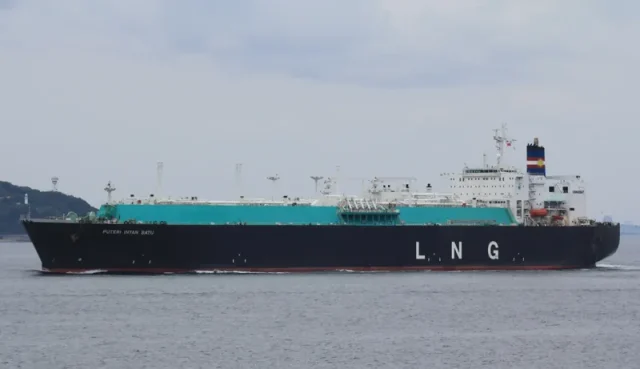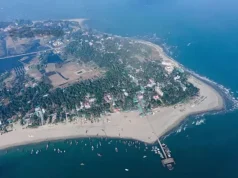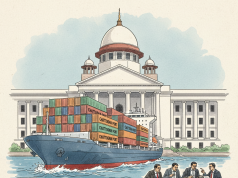From Our Correspondent, Dhaka: Powerful European shipowners continue to send their old, environmentally hazardous vessels to the dangerous shipbreaking yards of South Asia, defying international regulations and ethical obligations. Investigative outlet Reporters United has recently revealed that a tanker linked to Greek shipowner Evangelos Marinakis—TRADER III—was illegally beached in Bangladesh. The case underscores the ongoing impunity with which some European owners sidestep environmental and labor safety standards, raising serious questions about the enforcement of international laws and the role of the European Union (EU).
The secret voyage of TRADER III
According to the investigation, the tanker TRADER III anchored at Turkey’s Nemrut Port on January 29, 2025. It later moved along the Greek coast, then near Egypt, before setting sail for Bangladesh on February 14. On March 15, it was beached at the King Steel Yard (KR Ship Recycling Industries) in Chattogram. The entire operation was designed to evade the strict surveillance mechanisms of the EU, sending the ship to a region with weak environmental oversight and minimal worker protection.
GMS and the profits behind illegal deals
At the center of this transaction lies Global Marketing Systems (GMS), the world’s largest cash buyer of scrap ships. The firm has long faced allegations of fueling the polluting shipbreaking trade in South Asia. Reporters United found that the Marinakis-linked company sold the vessel directly to GMS. South Asian beaching yards offer higher scrap prices and weaker regulations, enabling brokers and middlemen to reap huge profits while disregarding environmental and human costs.
Greek inaction and EU contempt
The investigation also exposed how shipowners and GMS exploit legal loopholes to offload end-of-life vessels on South Asian beaches. In June 2025, during an online event organized by GMS, Greek Secretary-General for the Environment Petros Varelidis publicly admitted that the Greek government follows a policy of “deliberate inaction” regarding the export of such vessels. He even dismissed EU ship recycling officials as “low-level bureaucrats,” revealing Greece’s clear contempt for EU law.
Bangladeshi workers pay the price
While European owners evade accountability, Bangladeshi workers bear the brunt. The Chattogram shipbreaking yards remain among the world’s most dangerous workplaces. In August, an accident occurred at King Steel Yard while TRADER III was being dismantled. EU law explicitly prohibits the export of old vessels from EU countries to non-OECD nations. The EU Ship Recycling Regulation allows dismantling only in approved yards—none of which are in Bangladesh. Yet owners routinely bypass these restrictions through false registration (“flags of convenience”) or through intermediaries. Some European courts have already begun ruling such deals illegal, holding shipowners accountable.
Greece and Turkey: the chokepoints of illegal exports
The investigation further identified Greece and Turkey as key chokepoints in this illicit trade route. From these ports, most banned vessels embark toward the beaching yards of Bangladesh, India, and Pakistan. Despite repeated warnings from international watchdogs, both countries continue to overlook the problem.
Call for accountability
Ingvild Jenssen, Executive Director of the NGO Shipbreaking Platform, stated, “The real test is whether the law applies equally to powerful shipowners. We urge Greek prosecutors to investigate TRADER III’s sale contract, emails, and full timeline. It must be verified whether Greek authorities fulfilled their obligations. When the ship departed Greece, its illegal destination was already clear. The EU must act against Greece’s regulatory failure.”
The TRADER III case once again exposes the darker side of Europe’s shipping industry—profit at the expense of the environment and human lives. As Bangladesh’s coastal ecosystem and shipyard workers suffer the consequences, global organizations must intensify their enforcement efforts. The EU, in particular, must hold its member states accountable. Ending this toxic trade demands a unified international response, now more than ever.











